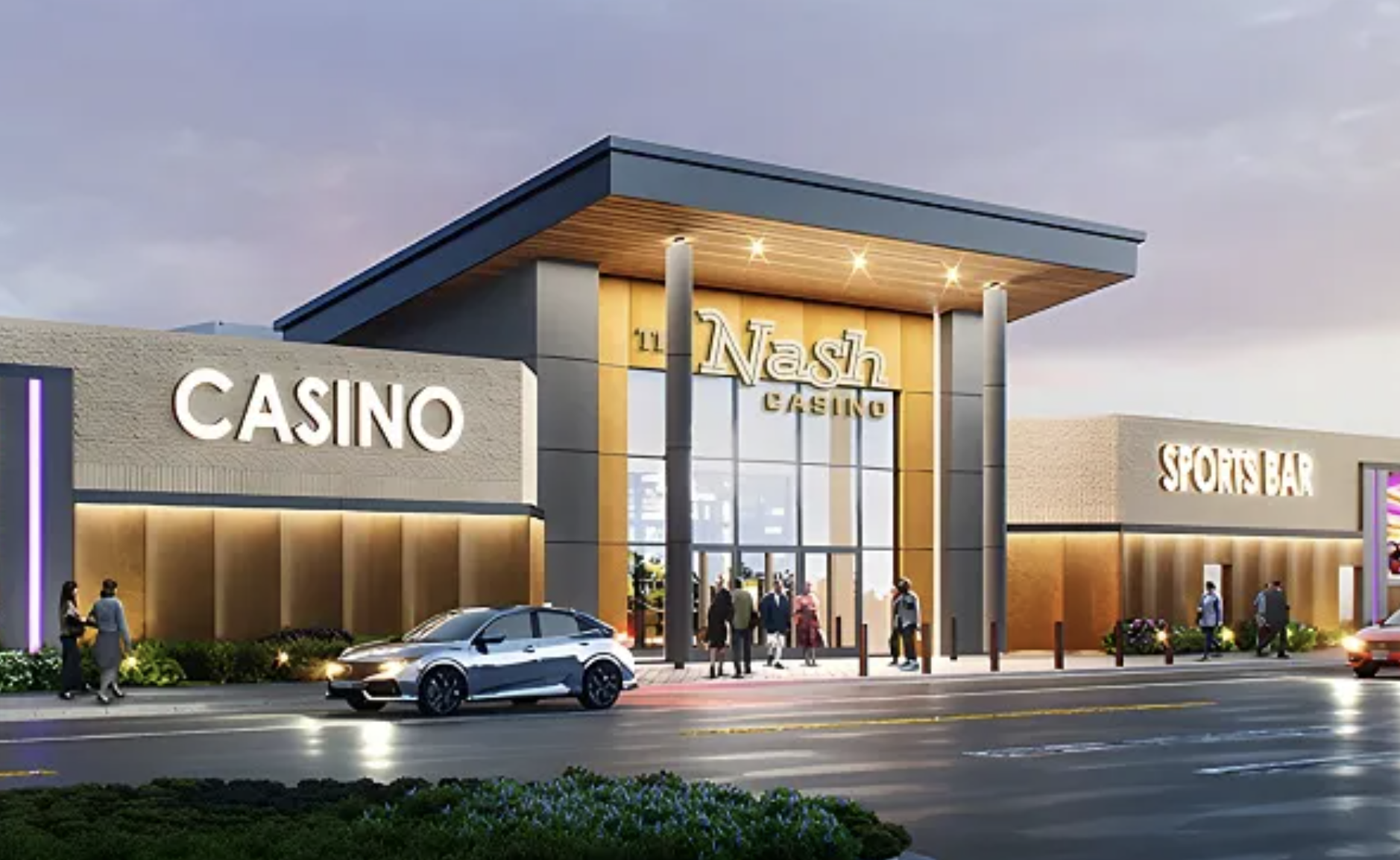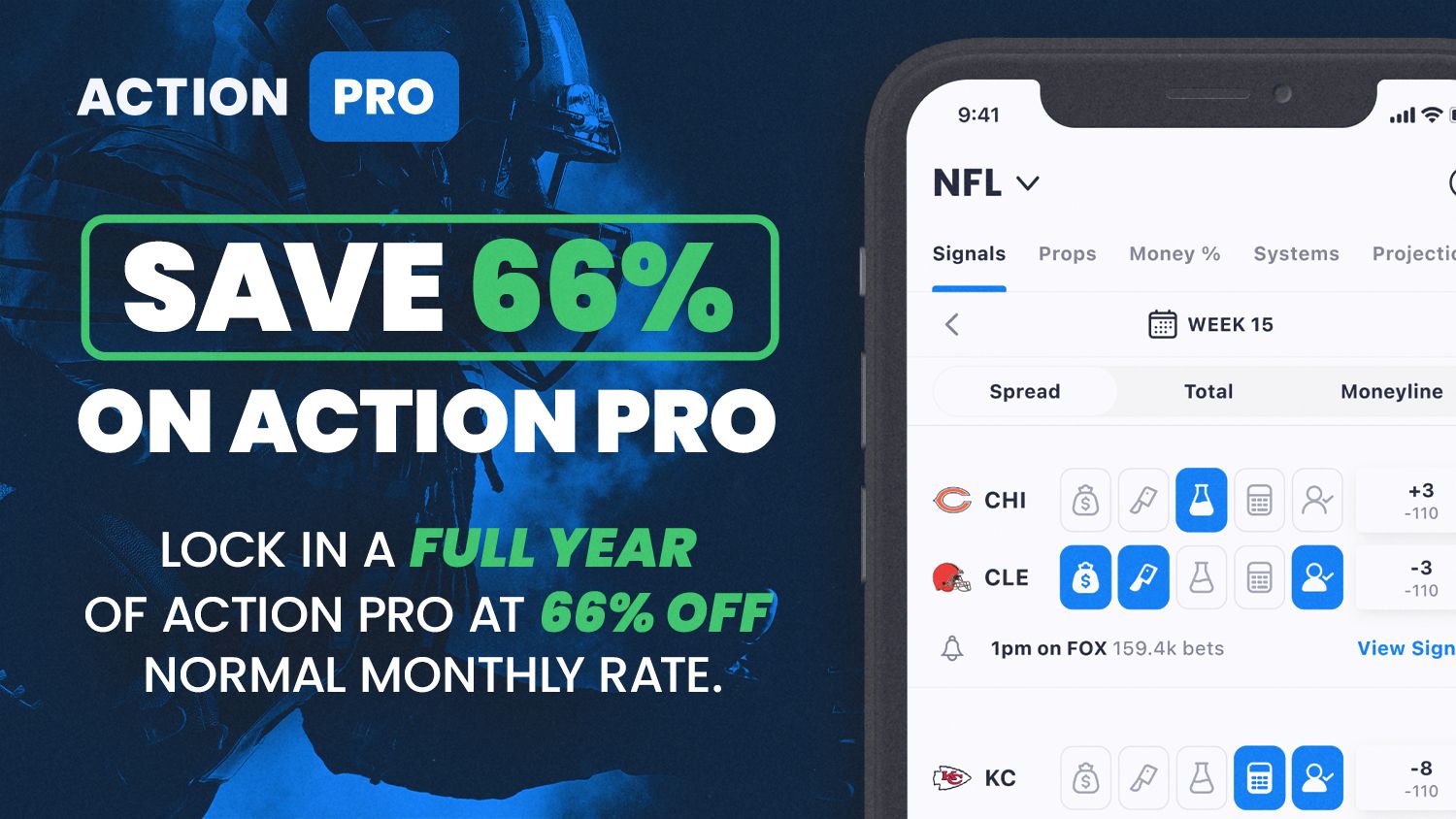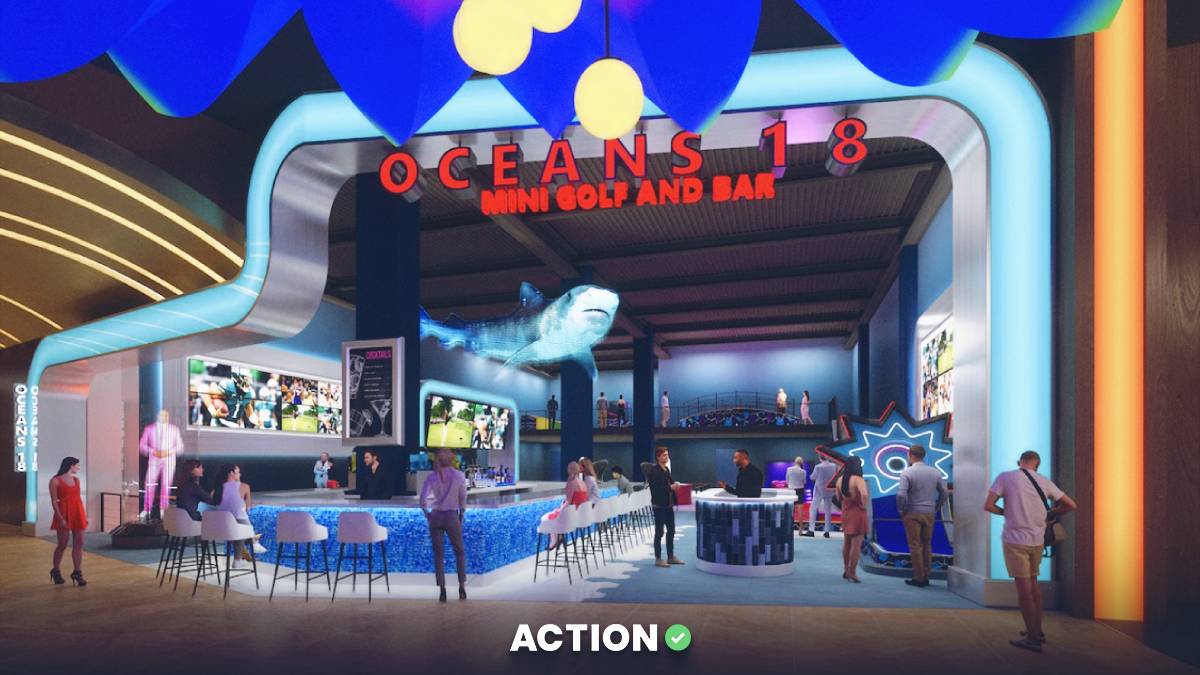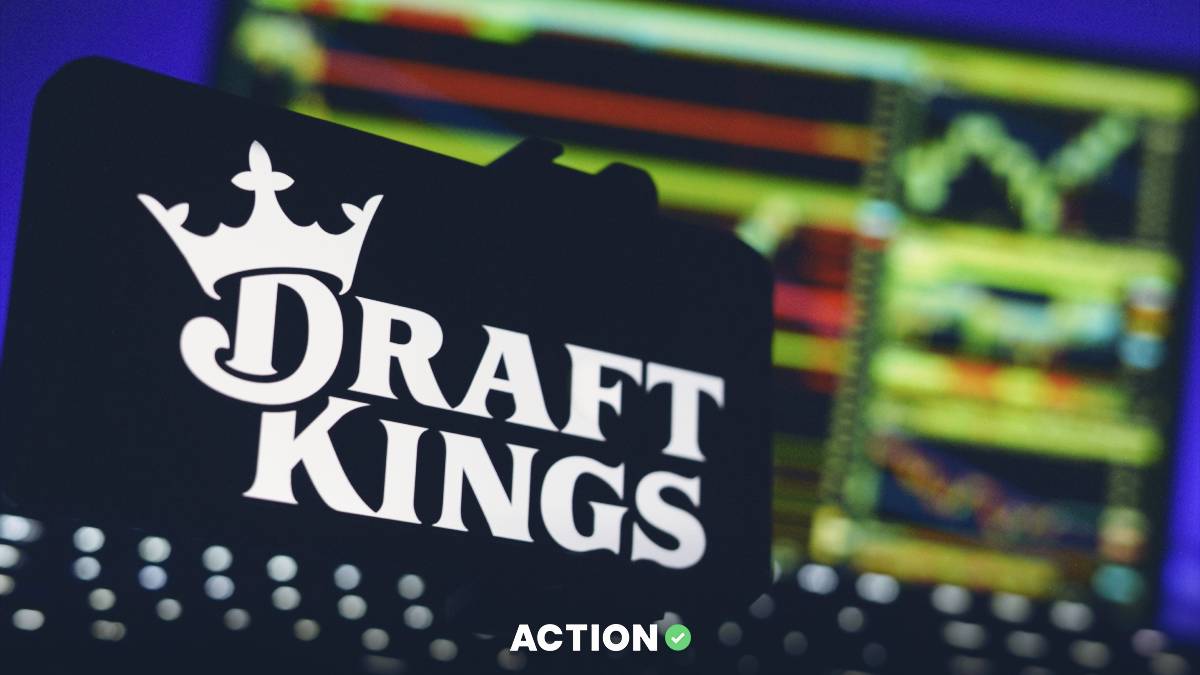As one new casino prepares to open in New Hampshire, another has already been green-lit.
The Salem planning board approved the conversion of a former Lord & Taylor store at The Mall at Rockingham Park into a $160 million charitable gaming venue. The project, Live! Casino, was passed by a five-to-two vote and is set to open next year.
This three-story complex is more than a casino. It will feature approximately 900 historic racing machines and 40 gaming tables, alongside a movie theater, sports lounge, golf simulators, retail shops, restaurants, bars, and live entertainment space.
Construction is expected to begin early next year, with potential plans to add a hotel to the complex at a later date.
Another New Hampshire Casino About To Open
The Nash Casino is set to open in the coming weeks in Nashua, revitalizing the former Sears building in Pheasant Lane Mall that has stood vacant since 2020. This new charitable gaming venue will span 180,000 square feet and will feature more than 1,000 historic horse racing machines and numerous table games.

The project is being developed by Clairvest and ECL Entertainment, which operates the Lucky Moose Casino and Tavern and the River Casino and Sports Bar in Nashua, plus the Mint Casino at Kentucky Downs.
WMUR TV reports that The Nash Casino is expected to generate approximately $24 million annually for over 100 nonprofits.
What is a Charitable Gaming Property?
New Hampshire's legal gambling system ensures that funds from its 14 licensed casinos benefit various charities. The state regulates betting limits and casino operations, while casinos adhering to the charitable gaming model must allocate at least 35% of table game revenue to charities and nonprofits and 10% to the state, retaining the remainder.
However, recent legislative changes have eased these restrictions and permitted slot machines. This has led to out-of-state companies purchasing charitable gaming facilities to tap into the profits.
Although the original concept was for small, locally owned venues supporting local charities and nonprofits, many have evolved into large-scale entertainment centers owned by major out-of-state corporations. None of them are locally owned or operated.
Additionally, local planning boards are reviewing ongoing proposals with local planning boards for large-scale casino developments in areas such as Rochester, Concord, and a proposed 43,000-square-foot casino in Conway, where the last locally-owned casino in New Hampshire existed.
Why is New Hampshire Desirable to Gaming Operators?
According to BusinessNH Magazine, gaming companies are setting their sights on New Hampshire because it's one of the few states where Historical Horse Racing (HHR) is legal. Only Kentucky, Virginia, Arkansas, Colorado, and Wyoming have similar laws.
HHR is attractive to casinos because it's more profitable. Casinos take 12% of the total bets placed, with game operators keeping 75% of that share. Charities benefit by receiving 8.75% of the revenue, split equally between two charities at 4.37% each. The state also gains, collecting 16.25% of the total revenue.
“New Hampshire presented itself with a unique opportunity to pursue historical horse racing in conjunction with charitable gaming,” Marc Falcone, managing partner of ECL Entertainment, LLC, told The Concord Monitor. “I think the model of just simply charitable table games is not economically viable.”
The charitable gaming industry in New Hampshire is growing quickly. More venues are opening, and they are getting larger. Although the industry originally aimed to support charity, it has now become a major part of the economy, combining charity efforts with big commercial gaming operations.










